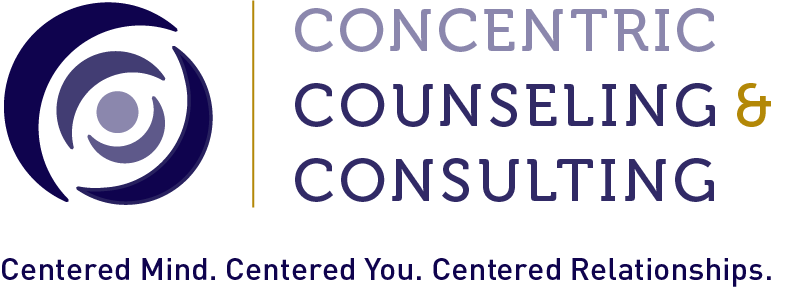Is All Drug Use Created Equal?
/By Concentric Counselor Myron Nelson, LCPC Edited by Concentric Counselor Jennifer Larson, LCPC, NCC
All drug use is not created equal. Take a look at that statement again and see if it contradicts or confirms your views on substance use. I hope by the end of this post you feel it does both. As a country, we are simultaneously experiencing an opioid heroin epidemic and progression in the legalization of marijuana. Clearly, drug use is not so black and white. I aim to gray the edges and disrupt some of your beliefs because critical thinking is needed in these cacophonous times.
We often tell kids to beware the slippery slope of drugs. As if smoking marijuana is a banana peel slide away from cocaine or criminal behavior. Not only does that argument neglect to account for alcohol (being many adolescents first introduction into mind-altering substances), but it also purports that all drug use is inherently related or equal. To say that one drug can lead to the use of another may be true, but that is because things kept hidden away in the dark tend to be hidden together. Research debating the effects of the slippery slope can teeter in either side's favor but both sides would agree that every individual person's path does not neatly align one way or the other. That point should not be ignored.
If you are concerned about someone's drug use, talk with him or her about it. There may be underlying mental illness issues or some form of trauma that is being treated by the effects of substances. Many will turn to substances to self-medicate symptoms of mental illness, neglect or trauma. Additionally, experimenting with drug use can be a normative behavior for certain subgroups. That does not mean it is safe or healthy, but it also does not mean its intent is malicious.
When you talk with someone about their behavior, be sure to not talk at them. Be mindful that attacking or judging their behavior typically is not going to lead to a productive conversation. Come to them seeking to fully understand them and what is going on. Coming down with an iron first also spreads the message that substance use is only dangerous. To pretend that substances or drugs do not produce a euphoric or calming effect creates misconceptions.
If I were to cite research and share stories about the detriments of TV and forbade you from ever watching it, what might happen if you finally caught a glimpse of some TV show? You might find it enjoyable and then seek out other people who like to watch it too. You may then find yourself containing this information for fear of being criticized by others. So it becomes one of your secrets. Likewise, what if all you heard about alcohol was that it causes hangovers?
If you inform people about the benefits and consequences of substance use then they can start to formulate the foundation of decision-making and choices. If you think it is too dangerous to expose them to that knowledge, you may need to think again. You cannot stop it as images and scenarios of people enjoying being high on some kind of substance are constant in the media. Plus, putting up walls of censorship in the Internet era can be futile with certain people. You do not have to fight a battle against people discovering drugs can have positive effects; you can incorporate that as part of your conversations. Conversations with a 's' -- it is plural for a reason. No topic as big as substance use is going to be covered in one sit down.
Given what I've written so far you may imagine that I am an advocate in a way that I am not. When it comes to most substances and drugs, I take a firm stance that substance dependence is unsafe with detrimental consequences. I do not think someone's only way to relax after a long day at work should be to drink a beer and I do not think someone who is constantly depressed should seek to escape with substances, such as ecstasy. How someone is using should be discussed as well as what they are using. Certain drugs are more associated with images of horror or suffering, sometimes rightfully so, but do not let the name fool you.
This blog post is one part informative, two parts inquiry. It is a questioning of the commonplace idea that we have to draw deep lines in the sand about what drugs are not okay and when. We would all benefit from looking at all use in more detail. Parting words -- Experimentation is not addiction. Information is not dangerous (taking into account age and other factors). Open up the conversation and have many of them. Seek professional help if you believe you or a loved one struggles with substance abuse or dependence.


